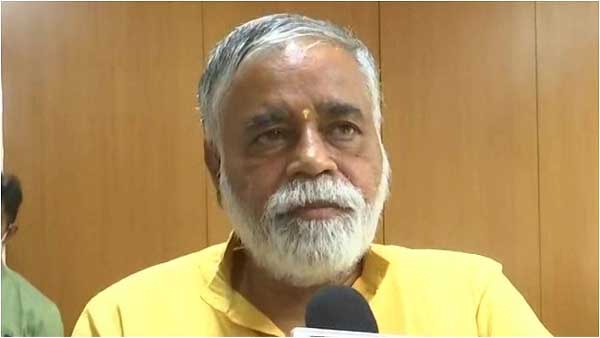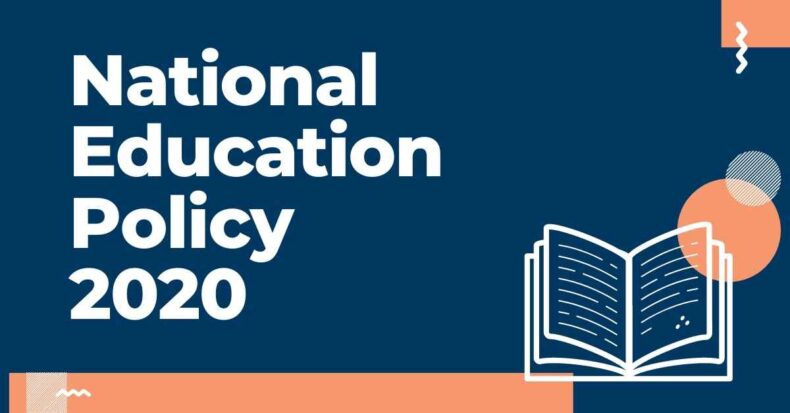In a move that has sparked controversy and raised concerns about the future of education in Karnataka, Bharatiya Janata Party (BJP) leader BC Nagesh has strongly criticized the Karnataka government’s decision to scrap the National Education Policy 2020 (NEP). Nagesh’s criticism comes amidst allegations of political motives behind the government’s decision and growing apprehensions about the impact this move will have on students and society at large.
NEP 2020: A Vision for Education
The National Education Policy 2020, unveiled in July 2020, aimed to revolutionize the education sector in India from school to doctoral levels. It introduced a paradigm shift in the way education is imparted, emphasizing holistic development, critical thinking, and flexibility in curriculum. The policy was developed after six years of meticulous analysis and research, with the intention of catalyzing the country’s development through an enlightened and empowered generation.
BC Nagesh’s Critique
BC Nagesh, a prominent BJP leader, has voiced vehement opposition to the Karnataka government’s decision to discontinue NEP 2020 from the next academic year. He asserts that the policy was designed to shape the educational landscape of the country positively and that scrapping it amounts to a grave disservice to the students and the society they will contribute to. Nagesh goes further, claiming that the decision was taken out of political vengeance, thereby raising questions about the government’s intentions.

Political Motives at Play?
Nagesh’s allegations of political motives behind the decision to scrap NEP 2020 cannot be taken lightly. The timing of the decision, coinciding with the state election results and the commencement of the academic year, raises eyebrows. While Karnataka Chief Minister Siddaramaiah justified the decision, citing uncompleted preparations and the need to avoid inconveniencing students mid-year, critics like Nagesh suspect a deeper agenda. The proximity of the decision to the election results has given rise to speculations about political maneuvering.
Impact on Students and Society
BC Nagesh’s concerns about the repercussions of this decision are rooted in the potential negative impact on students and society. The NEP 2020 was poised to equip students with modern skills, critical thinking abilities, and a global perspective. Scrapping it at this juncture could deprive students of a holistic and well-rounded education, hindering their ability to compete on a global scale. Additionally, Nagesh worries that the decision might set a precedent, sending the message that educational policies can be manipulated for political gains.
A Different Perspective
Karnataka Chief Minister Siddaramaiah’s perspective, as presented at a Karnataka Pradesh Congress Committee gathering, offers a different narrative. He explained that the discontinuation of NEP 2020 was driven by practical considerations. With the academic year already underway and the state election results influencing administrative priorities, the government believed it was more suitable to abolish the policy after making necessary preparations. Siddaramaiah’s stance highlights the complex decision-making process involved in educational policy changes.
Voices of Opposition
It’s worth noting that NEP 2020 had its fair share of opponents beyond the political realm. Students, parents, lecturers, and teachers simultaneously expressed their opposition to various aspects of the policy. This underscores the challenges of implementing a comprehensive policy change in the education sector, especially one as ambitious as NEP 2020. However, the decision to scrap the policy has ignited a broader debate about the nature of opposition and whether it should lead to outright abolition.
The Road Ahead
The conflicting viewpoints surrounding the scrapping of NEP 2020 in Karnataka highlight the complexity of education policy decisions. While BC Nagesh’s critique raises concerns about the potential misuse of educational reforms for political gains, Chief Minister Siddaramaiah’s explanation underscores the practical considerations and challenges associated with policy implementation. As Karnataka navigates the aftermath of this decision, it’s crucial to ensure that the best interests of students and society remain at the forefront.
BC Nagesh’s criticism of the Karnataka government’s decision to scrap NEP 2020 sheds light on the intricate relationship between education and politics. While Nagesh’s concerns about political motives and the impact on students and society are valid, Chief Minister Siddaramaiah’s perspective underscores the practical complexities of policy implementation. The debate surrounding this decision underscores the need for transparent and well-considered educational policy changes that prioritize the holistic development of students and the betterment of society.












